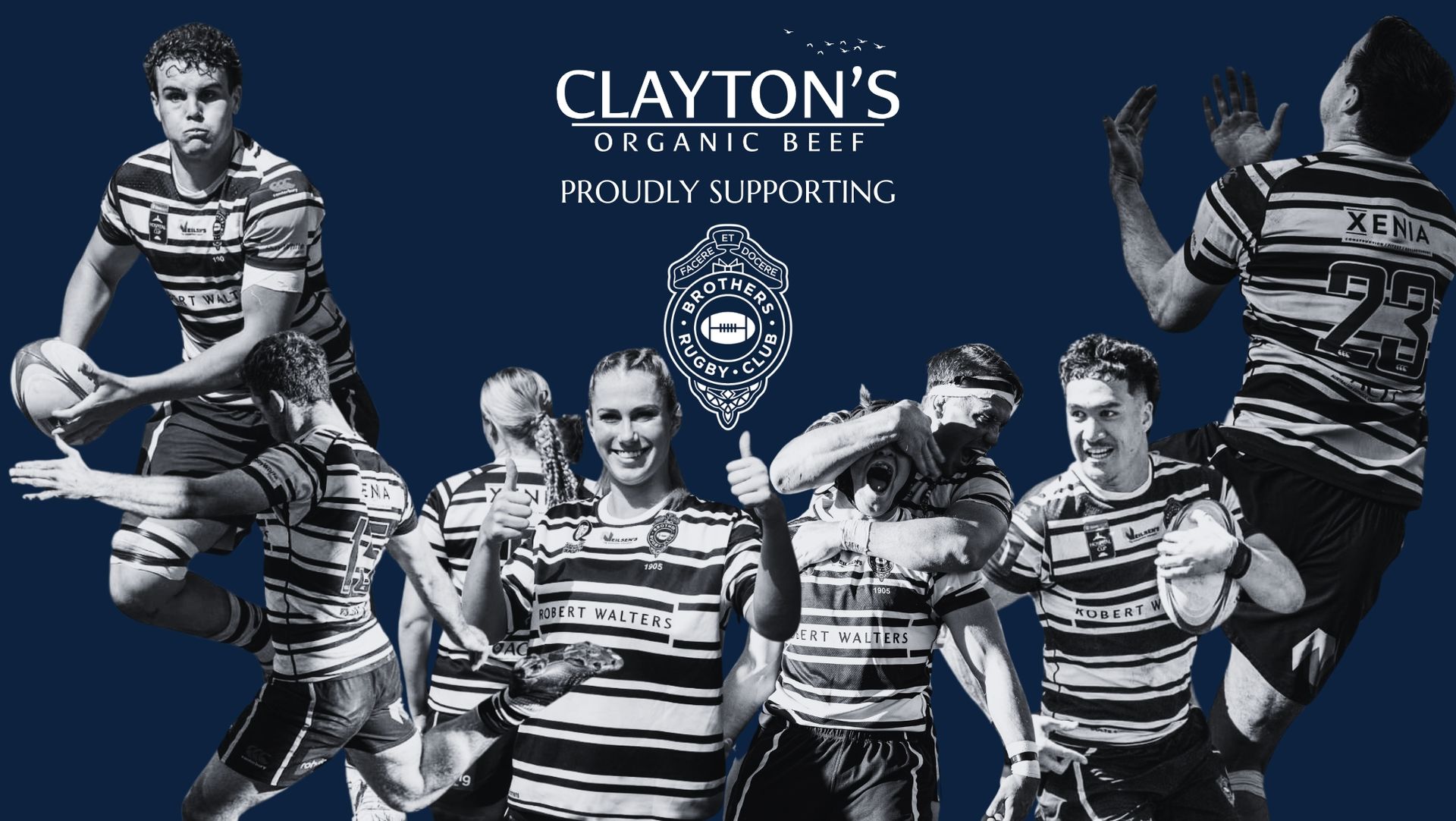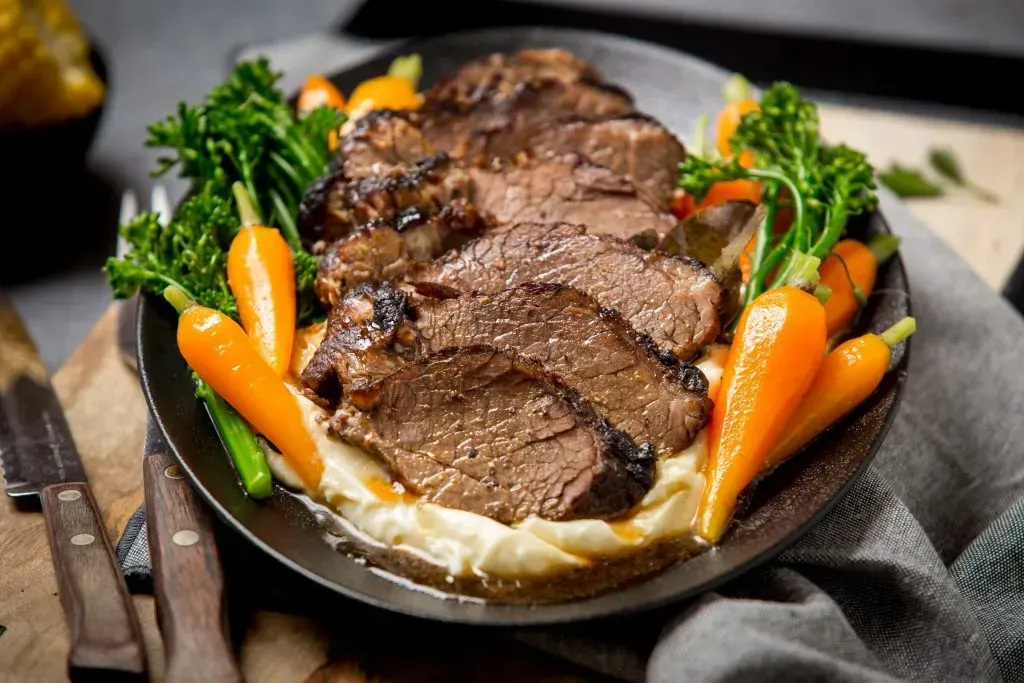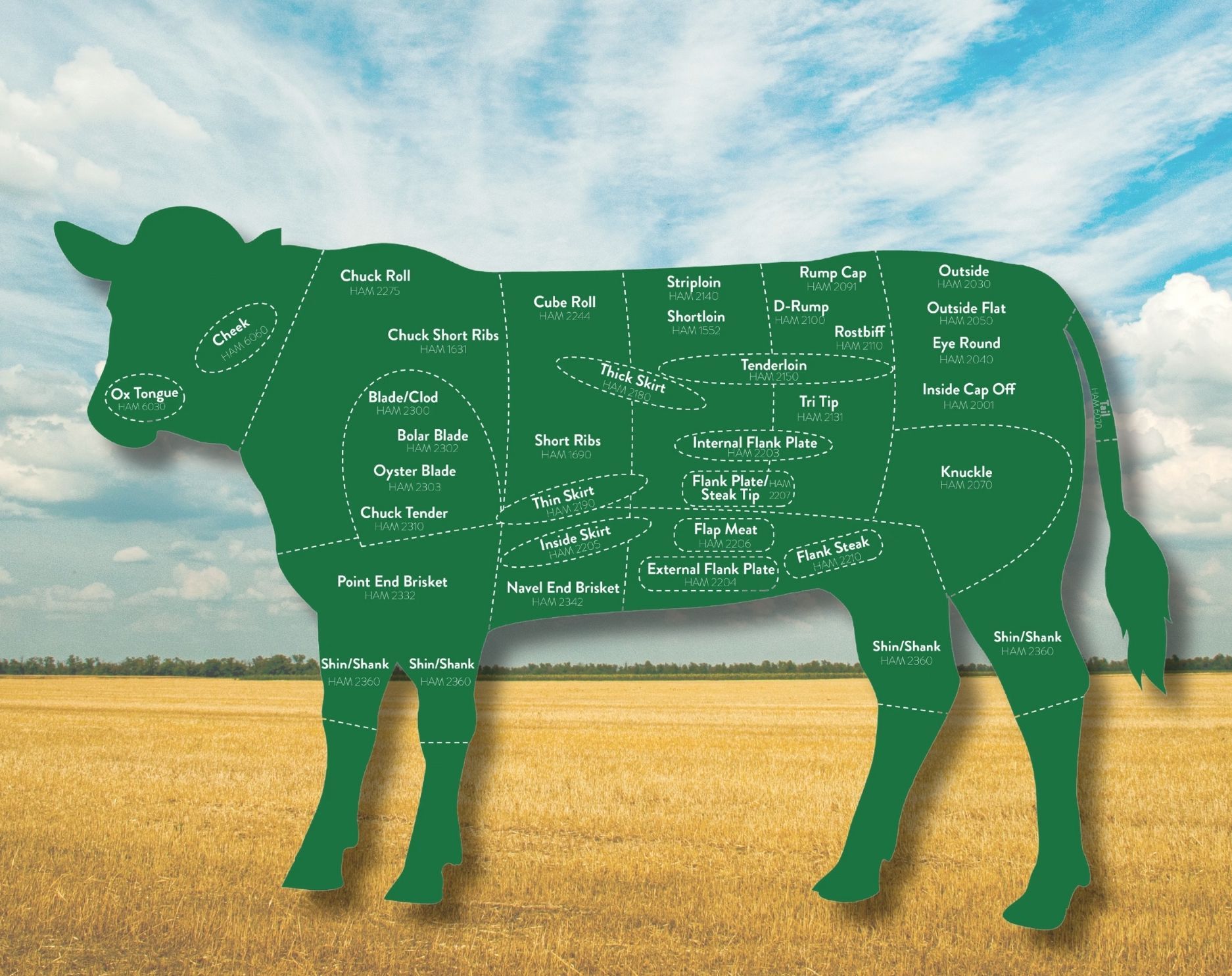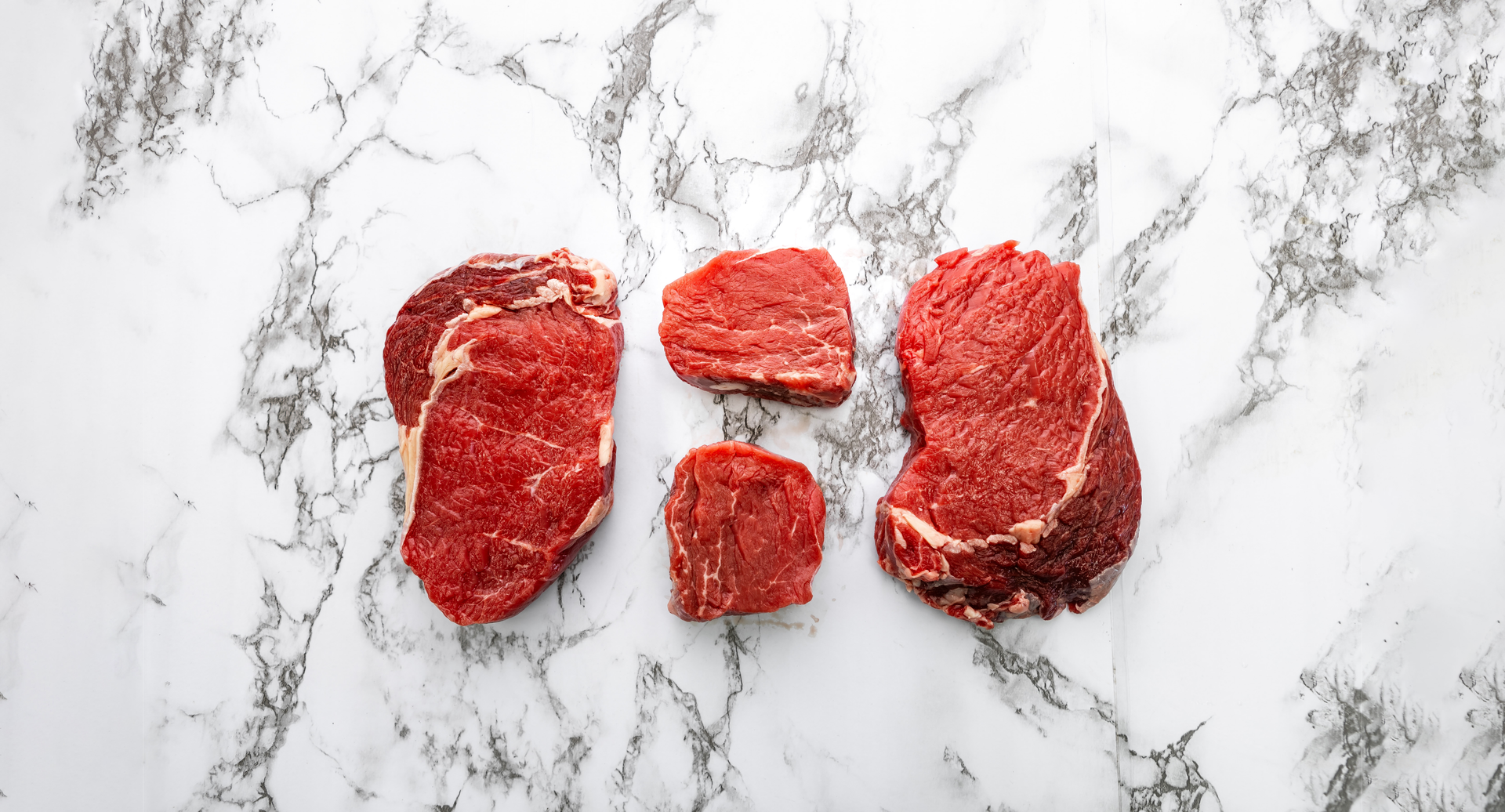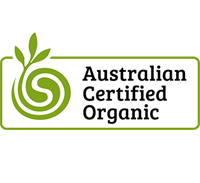From Farm to Global Market: Clayton’s Organic Beef’s Journey to International Export
Export footprint now extends to USA, Singapore, Hong Kong, Philippines, Indonesia, Vietnam, Korea, Switzerland, Thailand and Japan.
Nestled amidst the picturesque landscapes of Australia’s countryside lies Clayton’s Organic Beef, a testament to sustainable farming practices and ethical stewardship of the land. Guided by the vision of Clayton Sargood, farmer and owner, Clayton’s has transcended its local roots to become a beacon of quality and sustainability in the global market. Join us as we delve into the remarkable journey of Clayton’s Organic Beef as it traverses from farm to international export, shaping the future of organic agriculture worldwide.
For Clayton Sargood, sustainability isn’t merely a concept—it’s a way of life deeply ingrained in every aspect of his farming practices. “My father became very ill as a result of using chemical sprays on the farm, and as a result, our family pursued certified organic status” reflects Sargood. “We’ve never looked back and are now seeing the benefits organic farming has to our animals, the environment and the superior beef we are able to produce.”
As awareness of the importance of sustainable and organic food grows globally, so does the demand for premium-quality products like Clayton’s Organic Beef. Recognising this trend, Clayton’s embarked on a journey to expand its reach beyond Australian borders. “We saw an opportunity to share our commitment to sustainability with a broader audience,” explains Sargood. “And we knew that exporting our beef was the next logical step.”
Breaking into international markets presented its own set of challenges. From navigating trade regulations to establishing distribution networks, the path to global export was fraught with obstacles. Yet, armed with determination and a dedication to excellence, Clayton’s Organic Beef overcame these hurdles, paving the way for its triumphant entry into the global arena. Rigorous quality control measures ensure that every cut of beef meets the highest standards of taste, tenderness, and nutritional value.
Clayton’s Organic Beef’s journey to international export has seen its products embraced by diverse cultures and palates across the globe. “We’ve been exposed to a myriad of cultural nuances in key markets across the globe” Clayton explains. “Each market presents unique challenges and opportunities.”
Clayton’s Organic Beef are currently exporting to the USA, Singapore, Hong Kong, Philippines, Indonesia, Vietnam, Korea, Switzerland, Thailand and Japan.
As Clayton’s continues to expand its global footprint, Sargood remains committed to driving innovation and sustainability in every facet of the business. “Our journey is far from over,” he remarks. “We’re constantly exploring new ways to reduce our environmental impact, enhance animal welfare, and deliver exceptional beef to consumers worldwide.”
